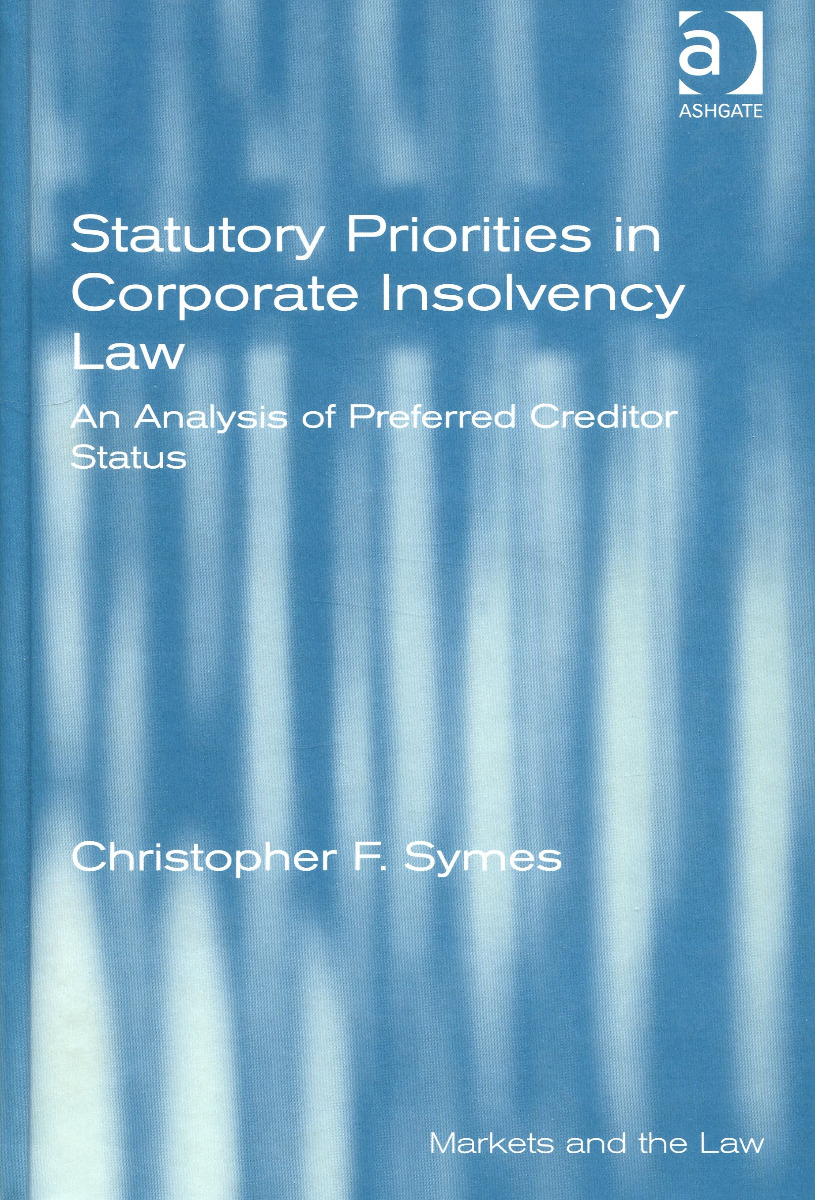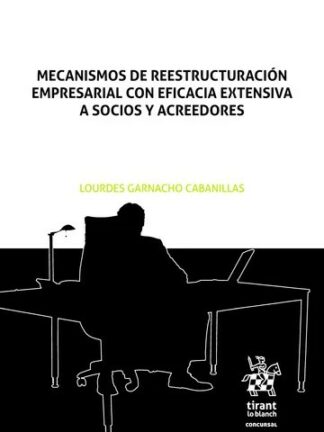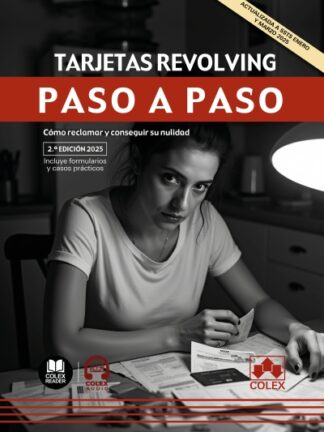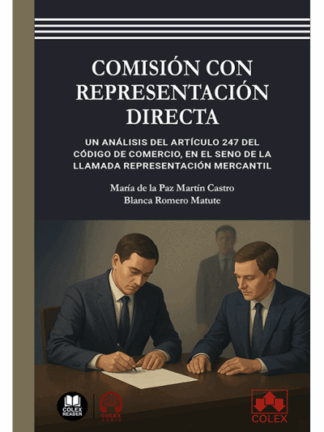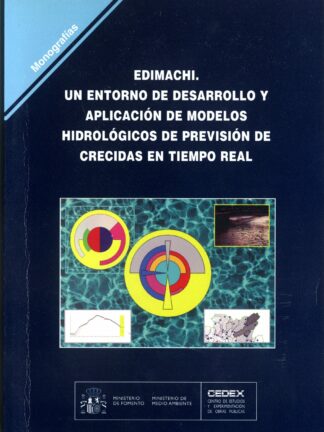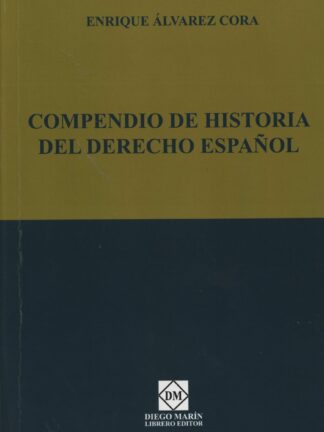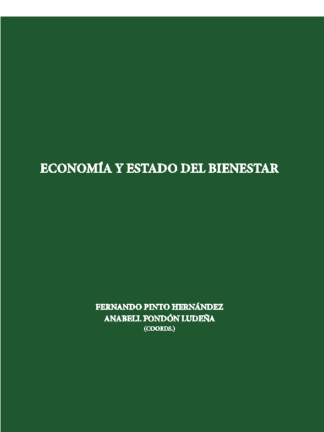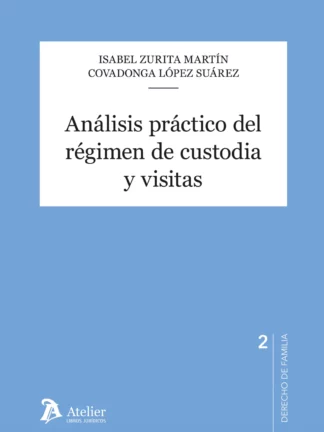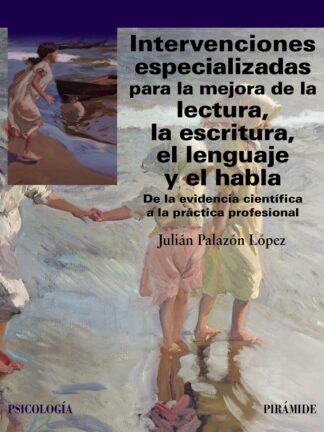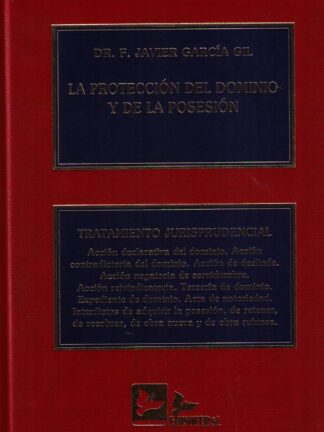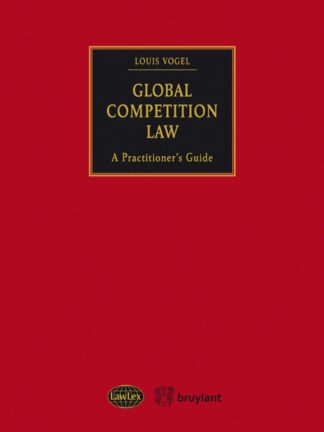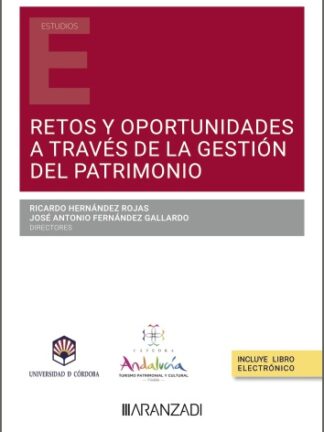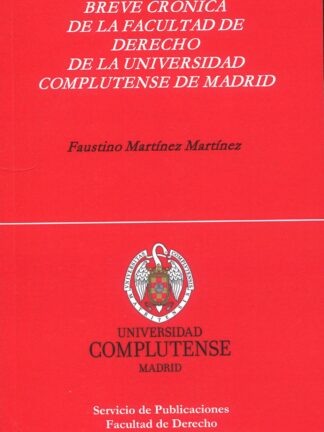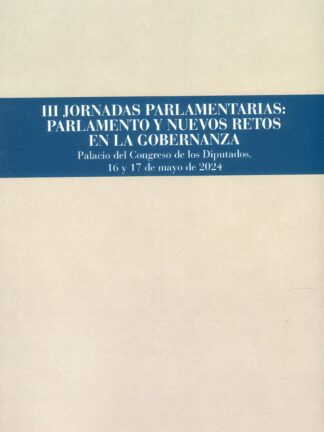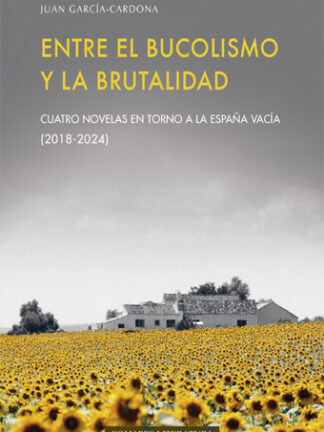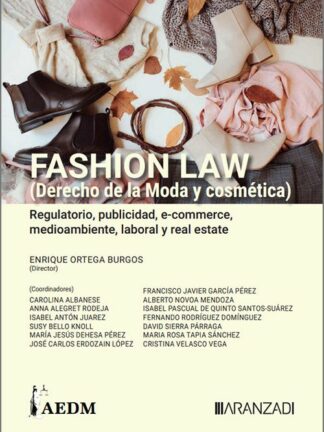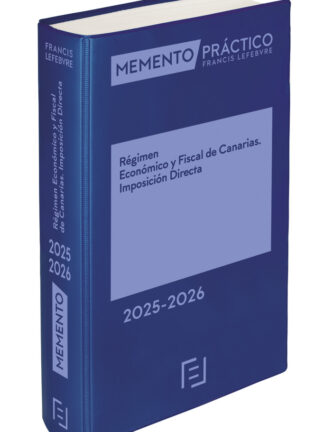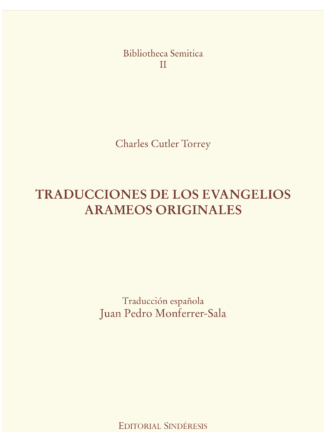Descripción
Statutory Priorites Corporate Insolvency
Who enjoys statutory preferred creditor status? What justifications exist for jurisdictions to maintain statutes that favour ‘priority’ creditors over other creditors and contributories? This book examines preferential debts derived from specific legislative provisions applying to corporate insolvency.
In exploring the concept of preferential treatment, Statutory Priorities in Corporate Insolvency Law includes chapters that provide a doctrinal, theoretical and historical analysis of who enjoys preferred creditor status. As well as examining the traditional major categories of priorities, this work also identifies potential new categories for priority status such as environmental clean-up costs, international creditors, tort claimants and consumers among other non-consensual creditors.
While the study focuses on Australian corporate insolvency law, where appropriate, comparisons are made with other common law jurisdictions, particularly the UK, Canada, New Zealand and the US.
INDEX
Table of Cases
Table of Statutes and Other Instruments
Preface
Acknowledgements
-
Introducing Statutory Priorities in Corporate Insolvency
-
The Evolution of Statutory Priorities 17
-
Theoretical Perspectives and Visions for Statutory Priorities
-
The Statutory Priority of Administrative Expenses: A Matter ofRent, Requisite Expenses and Administrator Remuneration
-
Employees as Priority Creditors: Still the Focus of Attention after180 Years of Statutory Protection
-
Government Debt and Taxation as a Statutory Priority
-
Can a New Statutory Priority for Environmental Expenses be Justified?
-
Consumer Prepayments and Reward Schemes: Could these be theNext Statutory Priorities?
-
Musing on Other Possibilities for Statutory Priorities
-
The Justification of Statutory Priorities as a Keystone to Further
Research and Action
Bibliography
Index
AUTOR: CHRISTOPHER F. SYMES is Associate Professor, Flinders University School of Law, Adelaide, Australia. He teaches corporate and commercial law. He is author of Bankruptcy Law (2004) for Thomsons. And He is a barrister and solicitor in the High Court of Australia and is a member of the Law Council of Australia’s Insolvency and Reconstruction subcommittee.
MÁS TÍTULOS SOBRE DERECHO MERCANTIL. CONCURSAL

